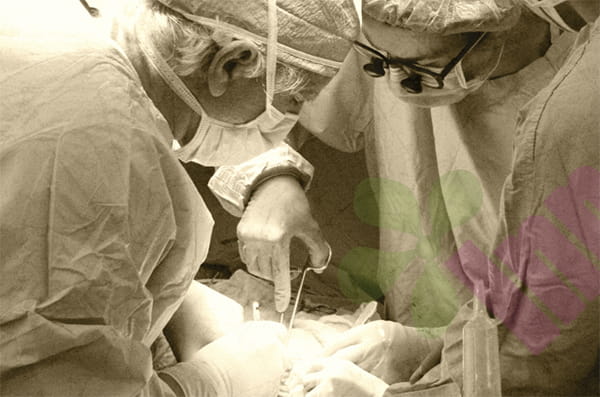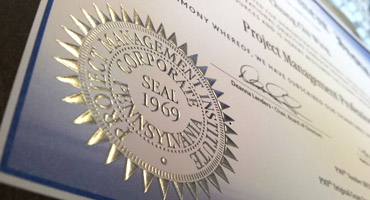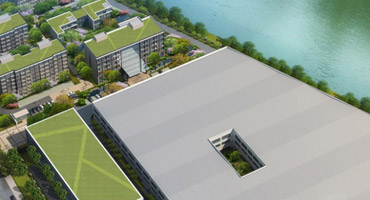How you treat ruptured pimples directly affects your skin's recovery. Improper handling can lead to pigmentation, persistent erythema, or pitted scars. Mastering scientific skincare methods can minimize the formation of acne scars and pits.
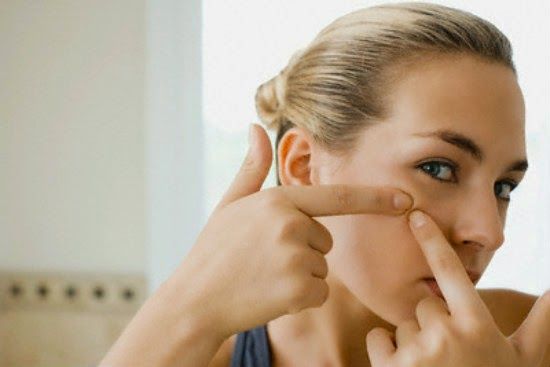
Correct steps for treating ruptured pimples :
Once a pimple ruptures, immediately stop squeezing it and gently absorb the surface pus with a sterile cotton swab. Disinfect the area around the rupture with an iodine swab, being careful not to apply excessive pressure. Apply a thin layer of antibiotic ointment, such as mupirocin or fusidic acid, covering the entire inflamed area. Cover with a special pimple patch or a small piece of sterile gauze to prevent external contamination. Keep the wound dry for six hours and avoid contact with tap water. Observe for any abnormal reactions such as increased redness and swelling.
What issues should be considered during operation?
Pimples larger than 5 mm in diameter and extending into the dermis require medical attention. Ulcerated pimples within the danger triangle of the face are recommended for professional help. Persistent redness, swelling, heat, and pain after self-treatment may indicate worsening infection. The formation of prominent cystic nodules or multiple interconnected pimples requires medical intervention. Uncontrollable bleeding or excessive oozing of clear fluid after rupture requires immediate medical attention. Patients with a history of keloid formation should consult a doctor as soon as possible.
Key measures to prevent pigmentation :
Strict sun protection is paramount, as new skin is extremely sensitive to ultraviolet rays. Use sunscreen with SPF 30 or higher and PA+++ when going out. Avoid skincare products containing alcohol or fragrances to reduce skin irritation. Apply serums containing Vitamin C and niacinamide to inhibit melanin production. Keep the wound moist and use repairing products to promote epithelial regeneration. Avoid scratching healing wounds to prevent worsening of post-inflammatory hyperpigmentation.
Effective methods to prevent atrophic scars :
Controlling local inflammation is key; use anti-inflammatory ointments promptly. Avoid repeatedly squeezing the same area to prevent damage to the dermis. During the healing period, use silicone gel or silicone patches to regulate collagen growth. Supplement with sufficient vitamin C and protein to provide the raw materials for skin repair. Maintain a regular sleep schedule to promote tissue self-repair. After healing, gently massage the area to improve blood circulation.
Specific nursing care plans for different stages :
In the early stages of skin ulceration, focus on controlling infection, disinfecting and changing dressings twice daily. During the inflammation subsides, strengthen moisturizing and repair by using growth factor gel. In the later stages of healing, focus on sun protection and anti-scar care, continuing to use silicone products. During the stable phase, chemical peels or laser treatments can be considered to improve skin texture. Patience is required throughout the process; complete skin repair takes at least 28 days.
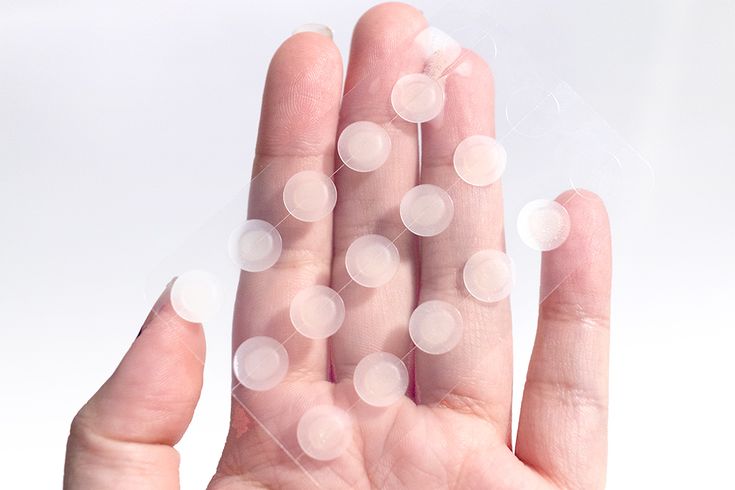
What precautions should be taken for daily care ?
Choose a gentle amino acid cleanser and cleanse twice daily. Use a light moisturizer to maintain oil-water balance. Avoid heavy makeup to prevent clogged pores. Do not squeeze pimples directly with your hands, as this increases the risk of infection. Do not frequently disinfect with alcohol, as this can damage new tissue. Avoid picking at scabs; allow them to fall off naturally. Do not frequently change skincare products; give your skin time to adjust. Do not believe in quick-fix acne products; skincare requires a gradual approach. Remember that acne care is a systematic process that requires comprehensive treatment.
For more information on Innomed® Acne Plaster , Refer to the Previous Articles. If you have customized needs, you are welcome to contact us; You Wholeheartedly. At longterm medical, we transform this data by Innovating and Developing Products that Make Life easier for those who need loving care.
Editor: kiki Jia

 English
English عربى
عربى Español
Español русский
русский 中文简体
中文简体